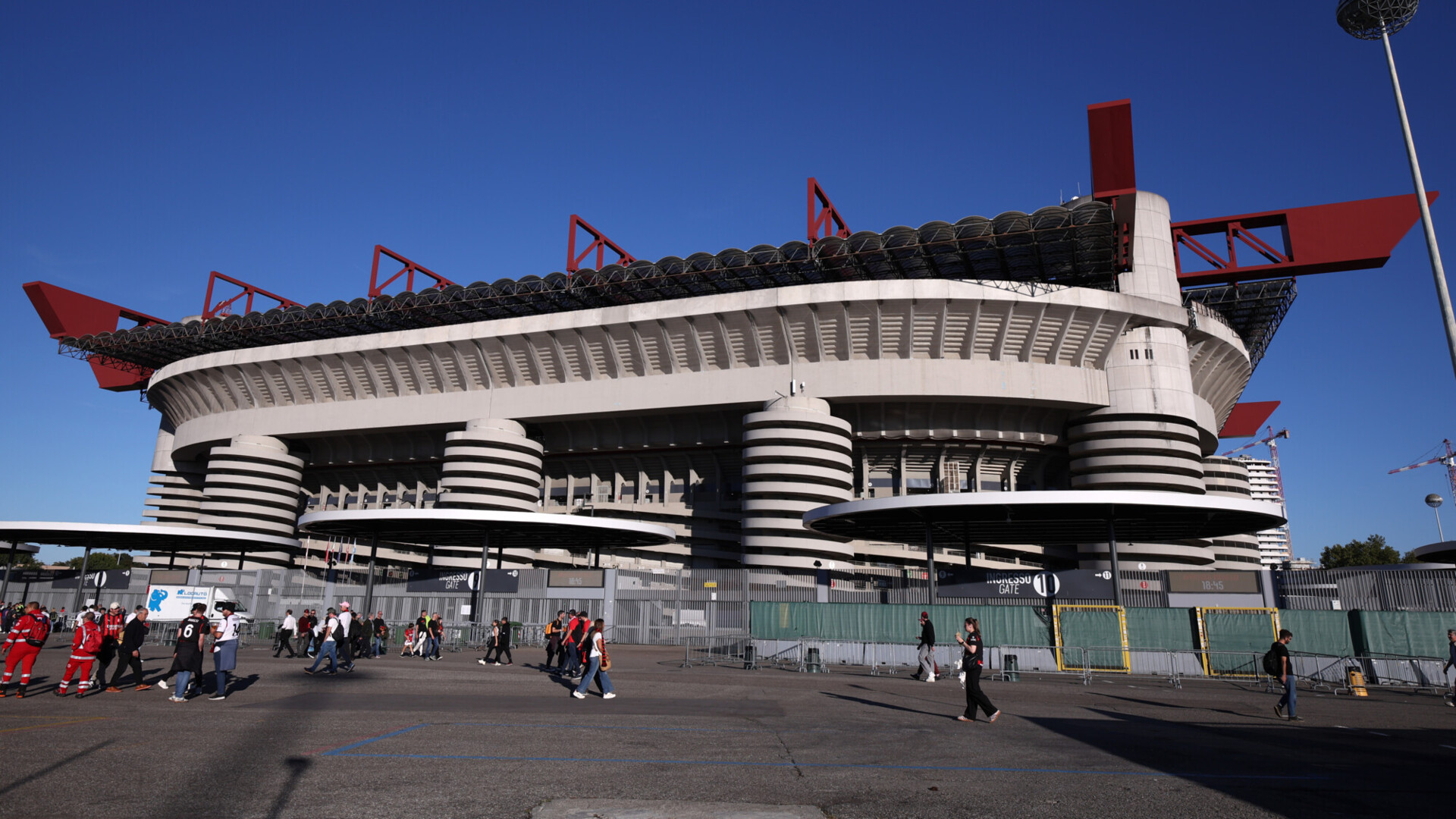Milan, a global emblem of high fashion, finance, and footballing titans, now faces an unexpected challenge on its home turf: the potential exclusion from hosting matches for the UEFA Euro 2032 Championship. The culprit? Its iconic but aging San Siro stadium. As Italy gears up to co-host the prestigious tournament, the call for urgent modernization has become a rallying cry from the highest levels of government.
The Stark Warning from Rome
Andrea Abodi, Italy`s Minister for Sport and Youth, recently delivered a sobering assessment. Speaking on the sidelines of the «Be Active» event, Abodi unequivocally stated that «it`s a risk we are currently running» — the prospect of Euro 2032 proceeding without Milan as a host city. The core of the problem lies not in the city`s vibrancy or its capacity for grand events, but rather in the perceived sluggishness of its sports infrastructure development, particularly concerning the legendary San Siro.
San Siro`s Paradox: Urban Progress vs. Stalled Sports Facilities
Milan has undergone a remarkable urban transformation in recent decades. Modern skyscrapers pierce the skyline, innovative urban projects redefine public spaces, and the city continuously embraces sustainable development. Yet, for its sports facilities, progress seems to have hit a snag. Minister Abodi pointedly remarked, «I expect that for San Siro there will be that capacity for sustainable transformation that there has been for the city, because the sports component has lagged behind urban transformation.» It`s a striking paradox: a city celebrated for its forward momentum grappling with a stadium that, while steeped in history, is struggling to meet contemporary requirements for major international events.
The `Commissioner for Stadiums`: A Last-Minute Hail Mary?
In a bid to accelerate the much-needed stadium upgrades across Italy, a new «stadium commissioner» has been appointed. Though designated only recently, the commissioner, identified as Sessa, is expected to hit the ground running. Abodi emphasized the urgency and the authority vested in this new role: «The stadium commissioner was designated Friday and now there will be a fast track for his appointment. His work has already begun and this week he will meet with me, the federation, and UEFA. There is little time and it must be used well, but Sessa has the authority to get things moving; after his appointment, there are no more alibis.»
This statement carries the subtle weight of a final warning. The government, the federation, and UEFA are clearly unified in their expectation for decisive action. The appointment of a high-powered commissioner is a clear signal that the time for bureaucratic delays has run out.
What`s at Stake for Milan and Italian Football?
For Milan, the stakes are monumental. Hosting Euro 2032 matches would not only bring significant economic benefits and global exposure but also affirm its status as a premier European sports capital. For Italian football, ensuring Milan`s inclusion is crucial for presenting a strong, unified bid. The vision for Euro 2032 is a showcase of Italy`s best, and leaving out a city of Milan`s stature would be a considerable blow to that narrative.
The challenge now rests squarely on the shoulders of Sessa and the city`s commitment to expedite the sustainable transformation of San Siro. The clock is ticking, and the world will be watching to see if one of football`s most hallowed grounds can shed its historical rust and embrace a future worthy of Europe`s grandest stage. After all, what could be more ironic than a city that defines modern style falling short on the ultimate sporting stage due to outdated infrastructure? The race against time has officially begun.

